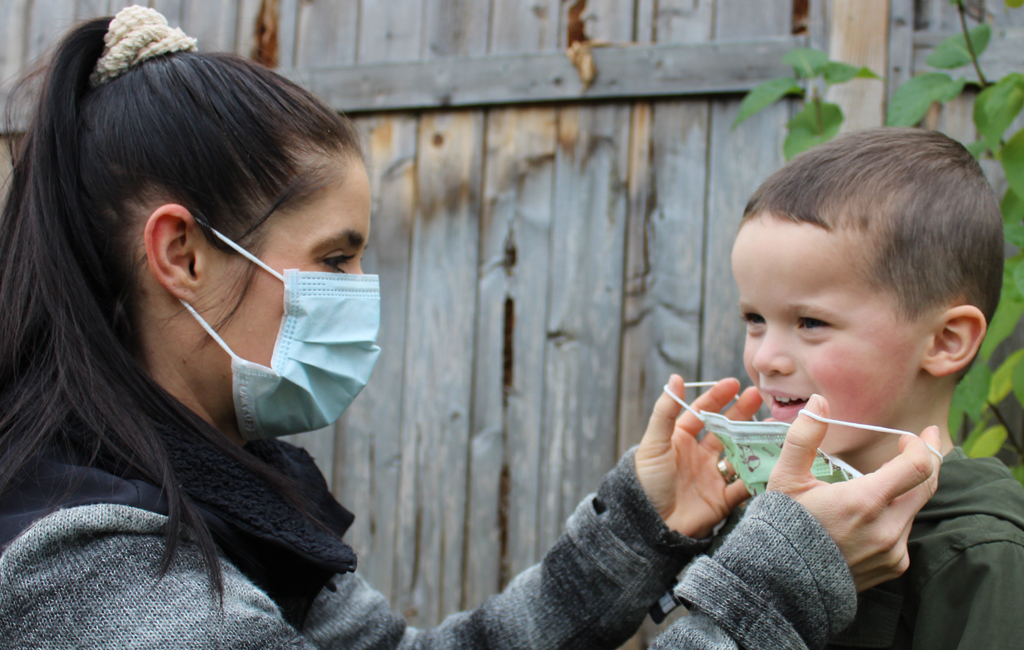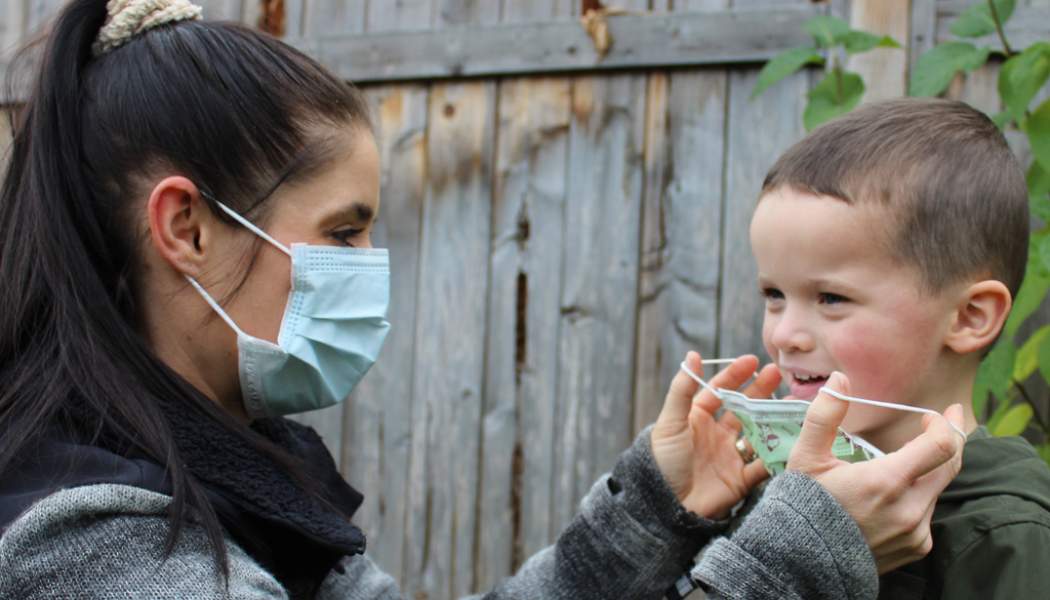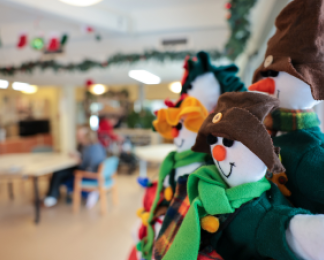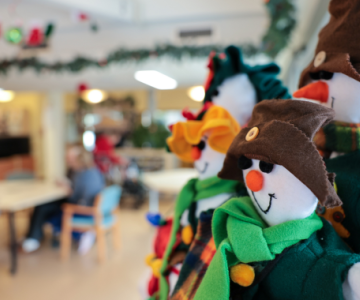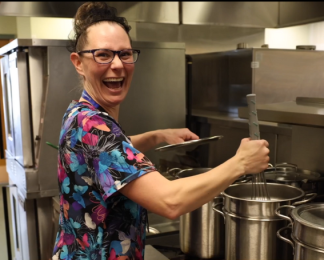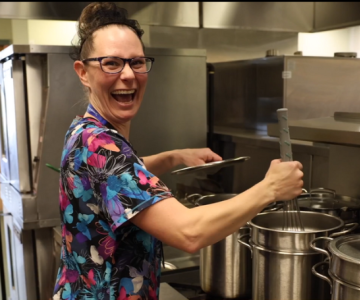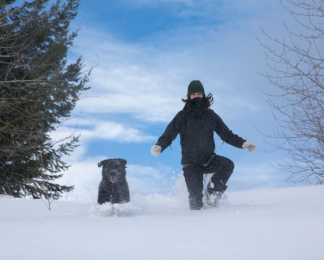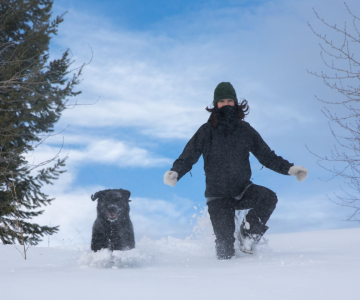As we lift restrictions and welcome visitors and others to our health-care facilities, it is important to do so safely. Did you know that hand washing is the single most effective means of preventing the spread of germs? Hand washing is an important safety practice–not only for for health-care staff, but for visitors, patients, people living in long-term care, and family members.
Knowing the importance of hand hygiene, a focus group was formed made up of volunteers from the Patient Voices Network who are passionate about infection prevention. The group included five volunteers: two had experienced life-threatening illnesses with admissions to many different areas of the hospital, one had a chronic debilitating illness which needed a number of admissions to various facilities, and two were caregivers who supported their loved ones during hospitalizations for surgeries.
The focus group posed the question: “How easy or difficult is it to clean your hands while a patient in care?” This led to intense discussion and the sharing of stories about difficulties that had been faced by patients, residents, and family members. Later, one of the volunteers attended a staff meeting and shared her experiences as a patient. Staff were grateful for the feedback and committed to prioritizing patient hand hygiene moving forward.
Patient/resident hand hygiene is a Leading Practice with the Health Standard Organization, an affiliate of Accreditation Canada. (A Leading Practice is a practice carried out by a health organization that has demonstrated a positive change, is people centred, safe, and efficient.) Hand hygiene–not only for health-care teams but for patients, residents, family members and visitors–is an important part of keeping our patients and clients safe.
Here are some ways you can Make Infection Prevention Your Intention while visiting health-care facilities:
- Hand Hygiene: Wash hands with soap and water or alcohol-based hand rub before and after visiting.
- COVID Precautions: When visiting, wear a mask and practice social distancing. All visitors must provide proof of vaccination.
- Cleaning & Disinfecting: Cluttered rooms contribute to hospital-acquired infections. Encourage your loved one to keep their space free of clutter.
- Personal Protective Equipment (PPE) & Precautions: Look for precautions signage on room doors. Follow instructions and use PPE accordingly. When putting on & taking off PPE be sure to wash your hands. Be sure to ask staff if you have questions about PPE!
